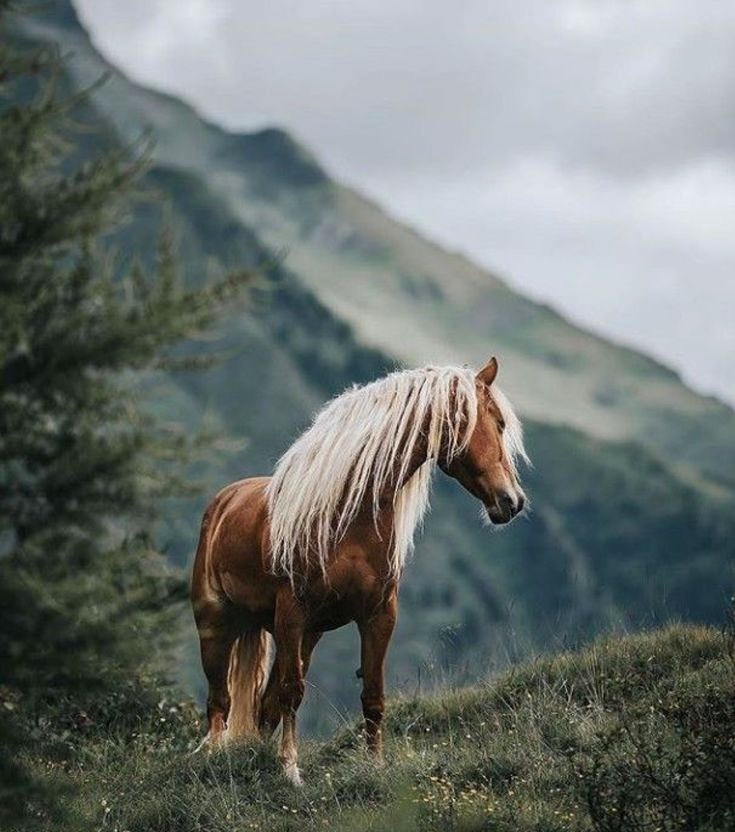The term ‘glandered’ is often used to describe a horse that is infected with equine glanders, a contagious and potentially fatal bacterial disease. Horses of any age or breed can become infected, and the condition is not limited to any particular region or country. Glandered horses can suffer from a variety of symptoms, and the disease can spread to humans, other horses, and even other animals.
What is Equine Glanders?
Equine glanders is a bacterial disease caused by the bacterium Burkholderia mallei. This bacterium is highly contagious and can be spread from horse to horse via direct contact, shared feed, or contaminated surfaces. The bacteria can also be spread through the air, making it a potential hazard for anyone who works with horses.
The disease is most commonly found in horses in the Middle East, Africa, and parts of Asia, although it can occur in other parts of the world as well. Equine glanders is uncommon in the United States, although it is not unheard of.
Symptoms of Equine Glanders
Glandered horses can exhibit a range of symptoms, including:
• Fever
• Coughing
• Nasal discharge
• Loss of appetite
• Loss of energy
• Weight loss
• Swelling of the lymph nodes
• Ulcers on the skin and mucous membranes
• Inflammation of the lungs and other organs
In addition to these symptoms, horses may also develop lesions on their skin and a thick, foul-smelling discharge from the nose.
Diagnosis and Treatment of Equine Glanders
If a horse is suspected of having equine glanders, the veterinarian will likely take a sample of fluid or tissue from the horse for laboratory testing. They may also take a chest X-ray to determine if there has been any damage to the lungs.
If the horse is diagnosed with glanders, then treatment will depend on the severity of the disease. Treatment options include antibiotics, anti-inflammatory drugs, and supportive care. In some cases, the horse may need to be euthanized to prevent the spread of the disease.
Prevention of Equine Glanders
The best way to prevent equine glanders is by following good biosecurity practices. This includes avoiding contact with horses that may be infected, keeping horses away from contaminated feed and water, and disposing of any materials used in the care of horses in a safe and hygienic manner. Vaccines are also available in some countries, although they are not 100% effective.
Conclusion
Glandered horses can suffer from a wide range of symptoms and the disease can be fatal if left untreated. Equine glanders is most common in the Middle East, Africa, and parts of Asia, although it can occur in other parts of the world as well. The best way to prevent the spread of the disease is by following good biosecurity practices and, if available, vaccinating horses against the disease.

